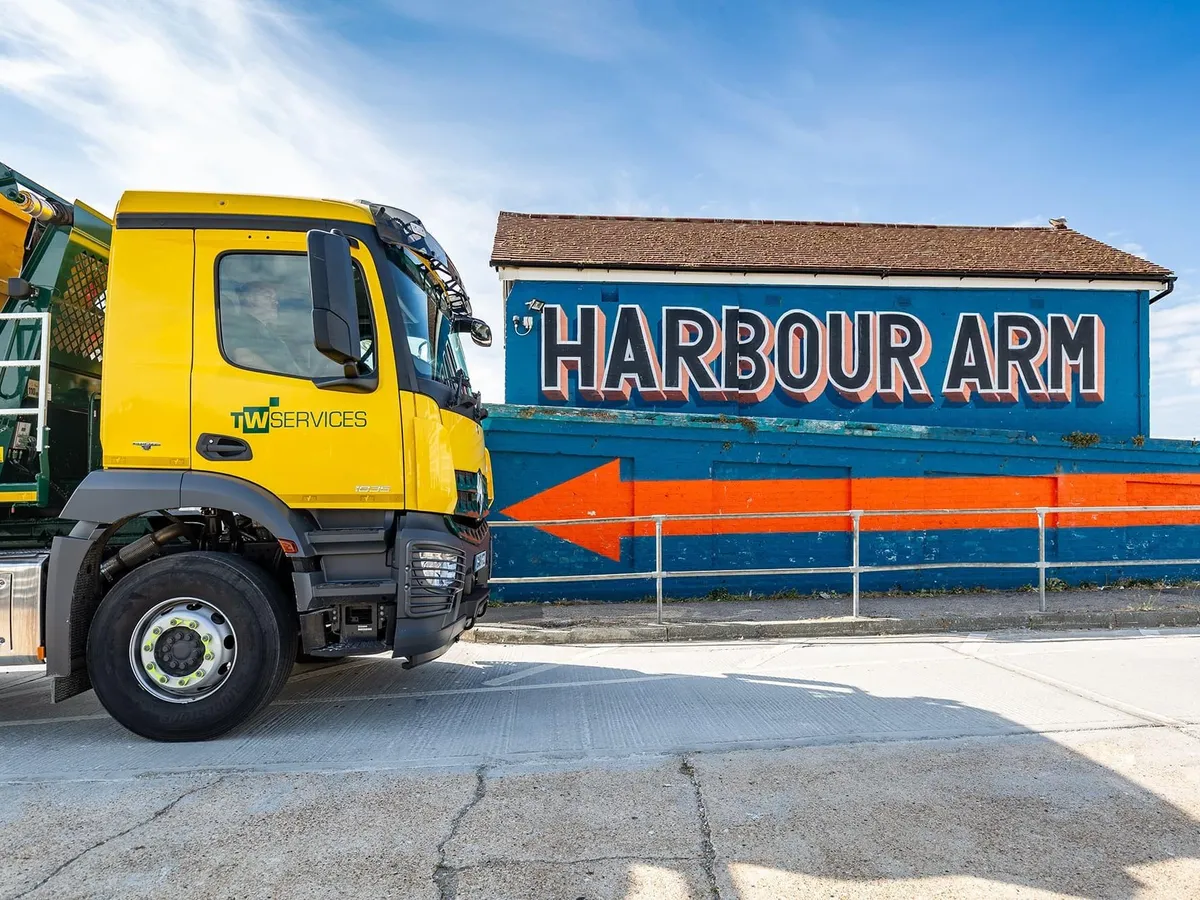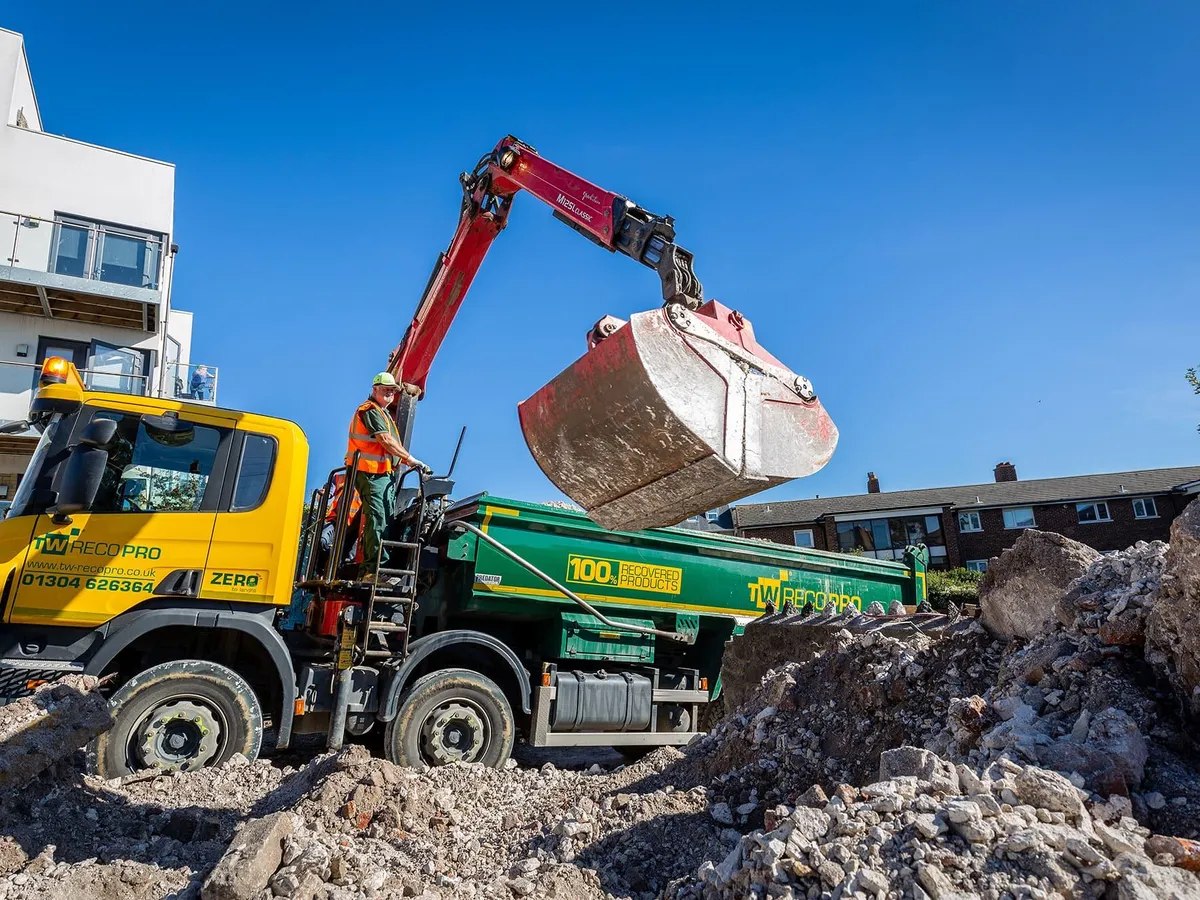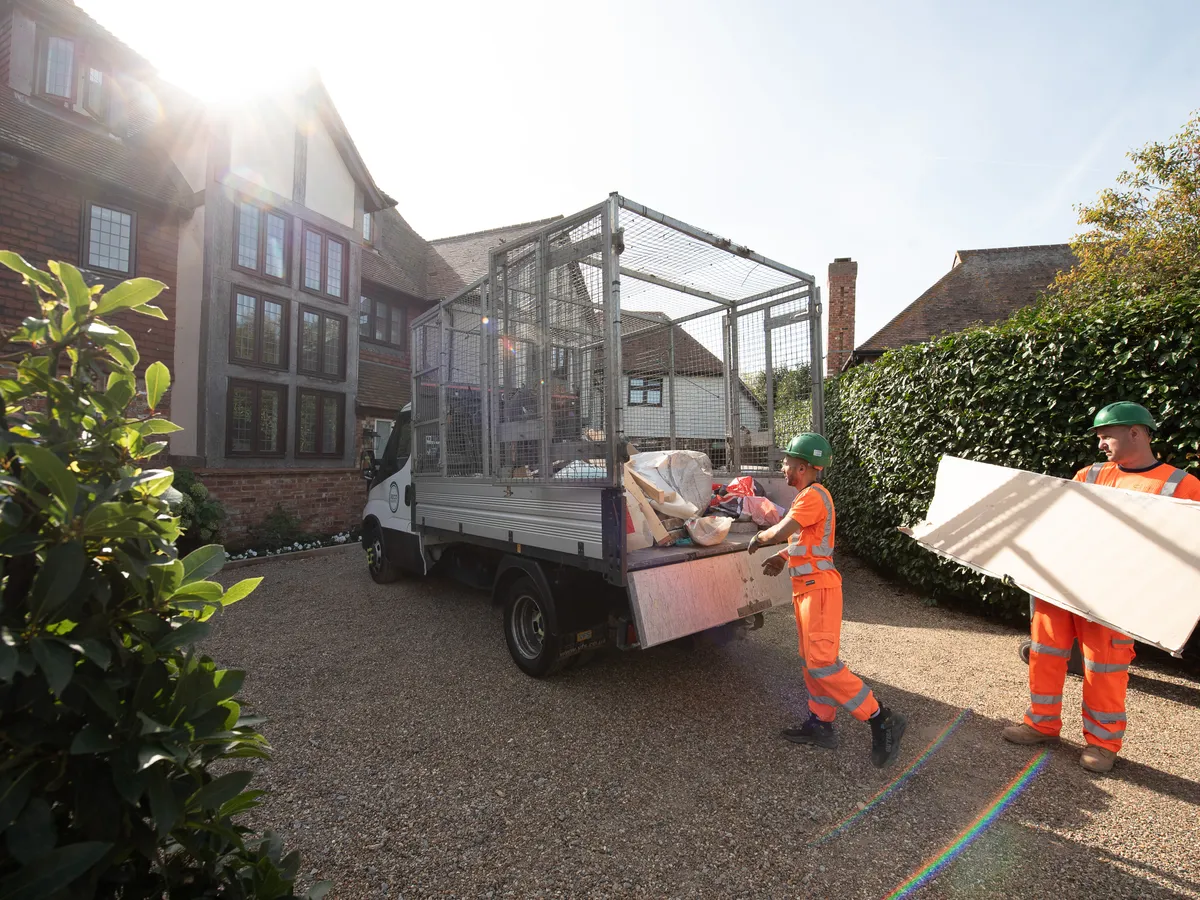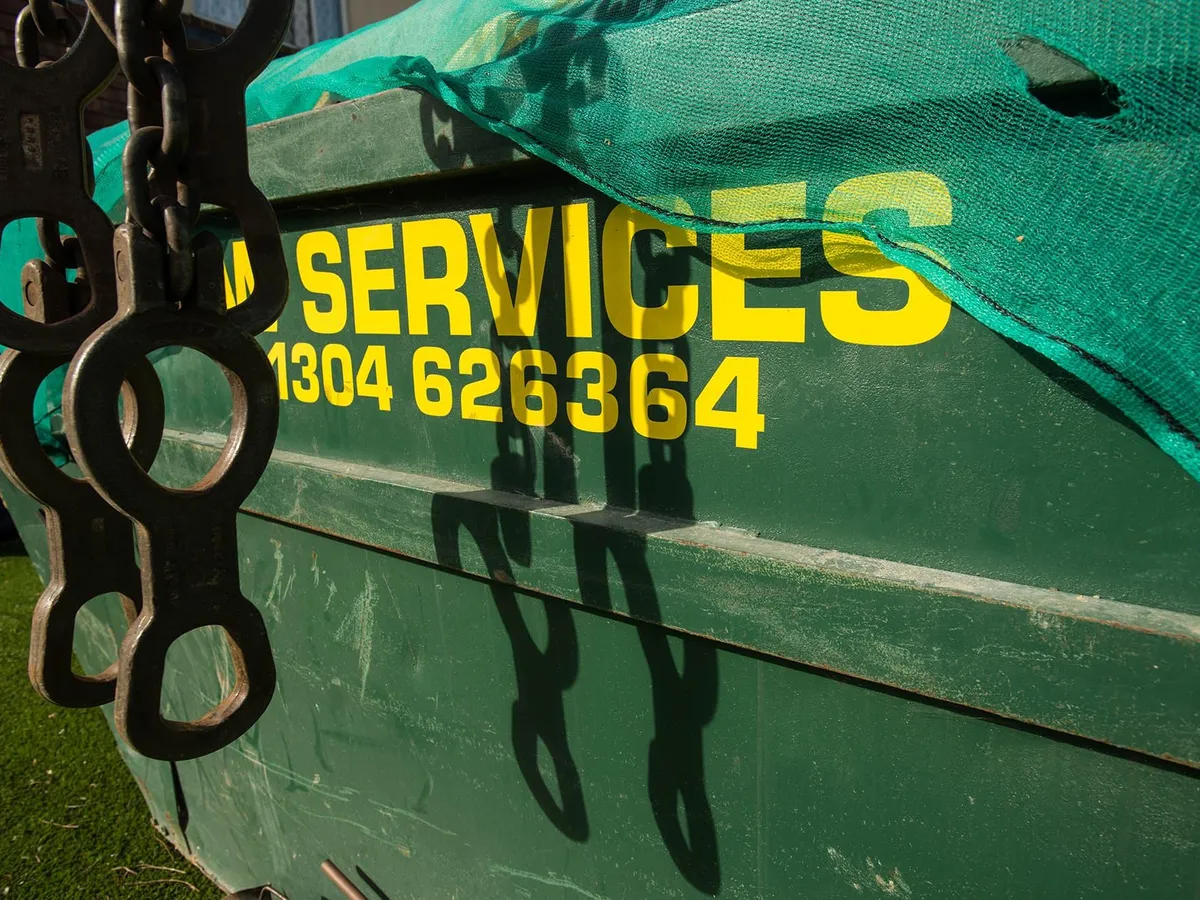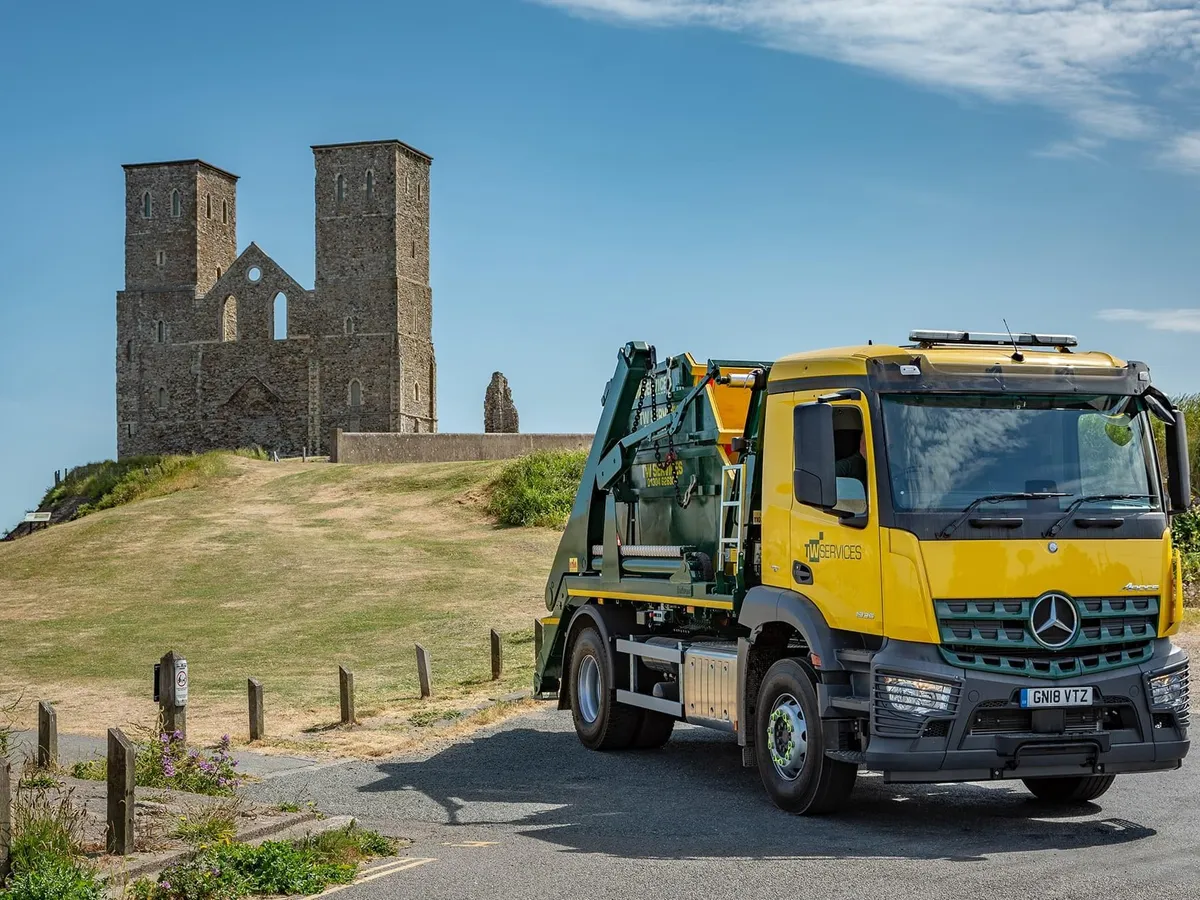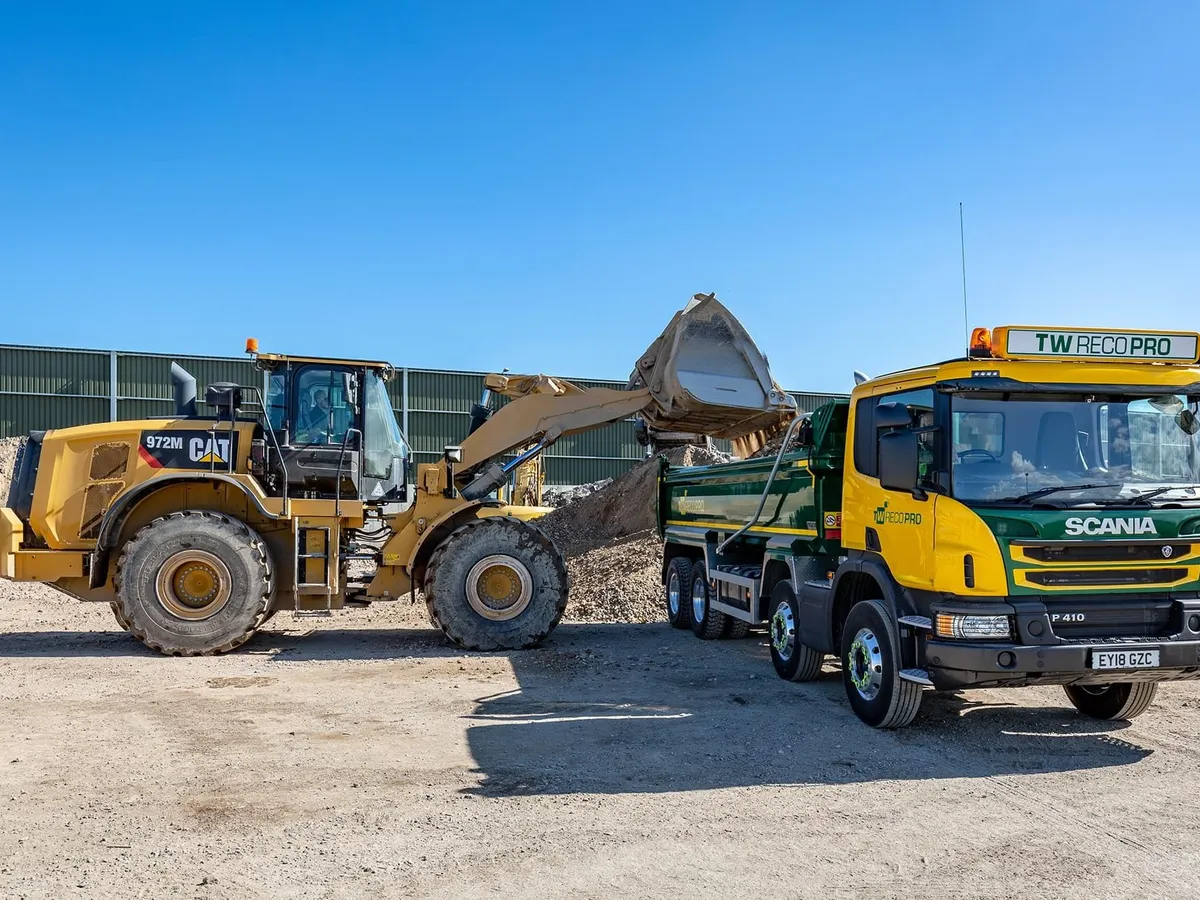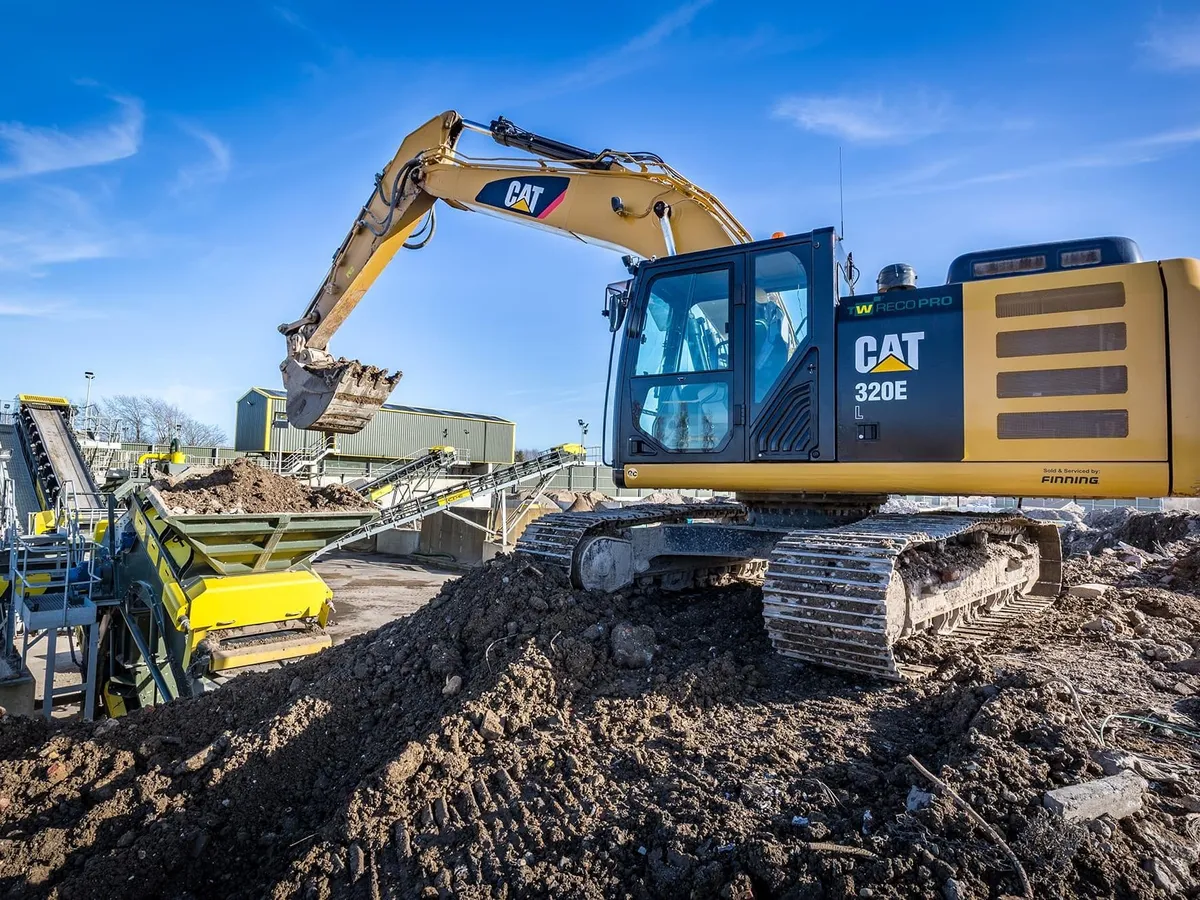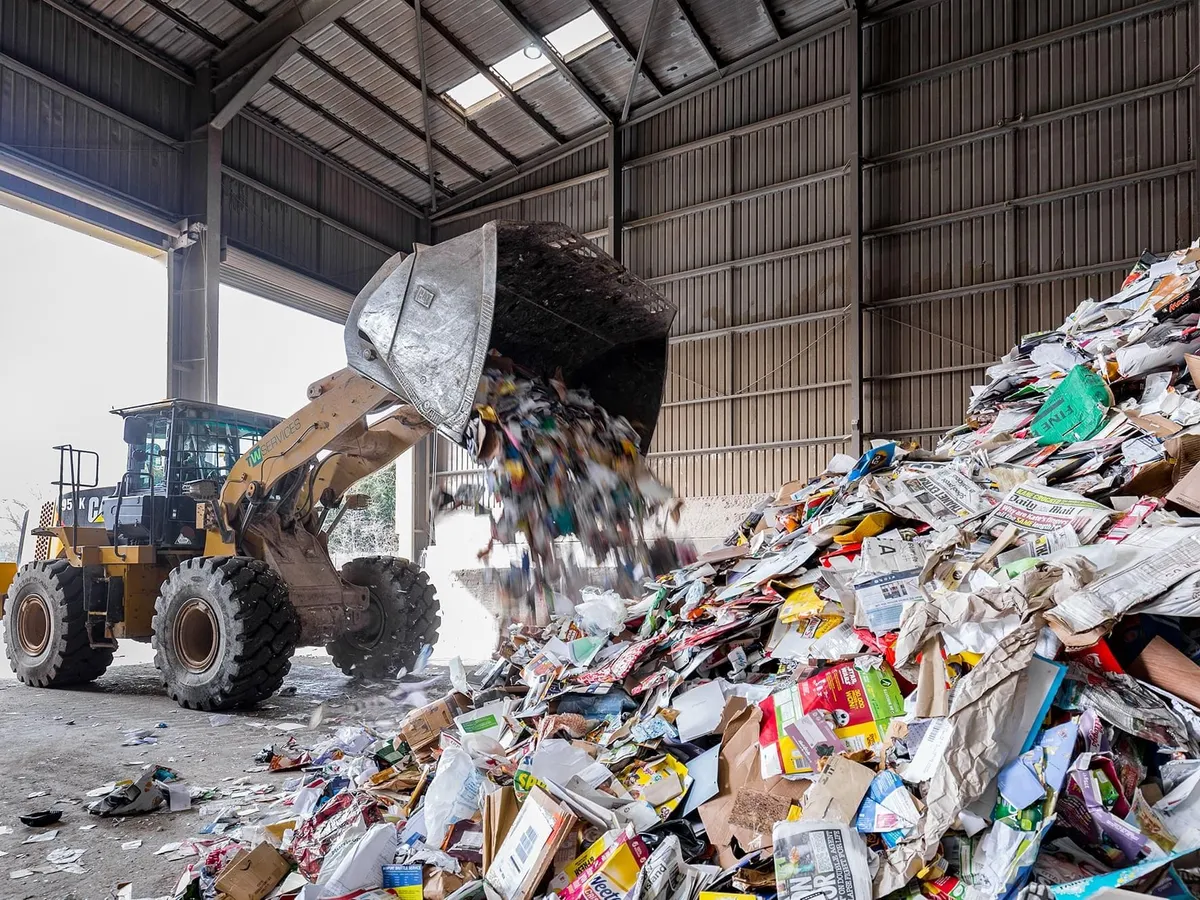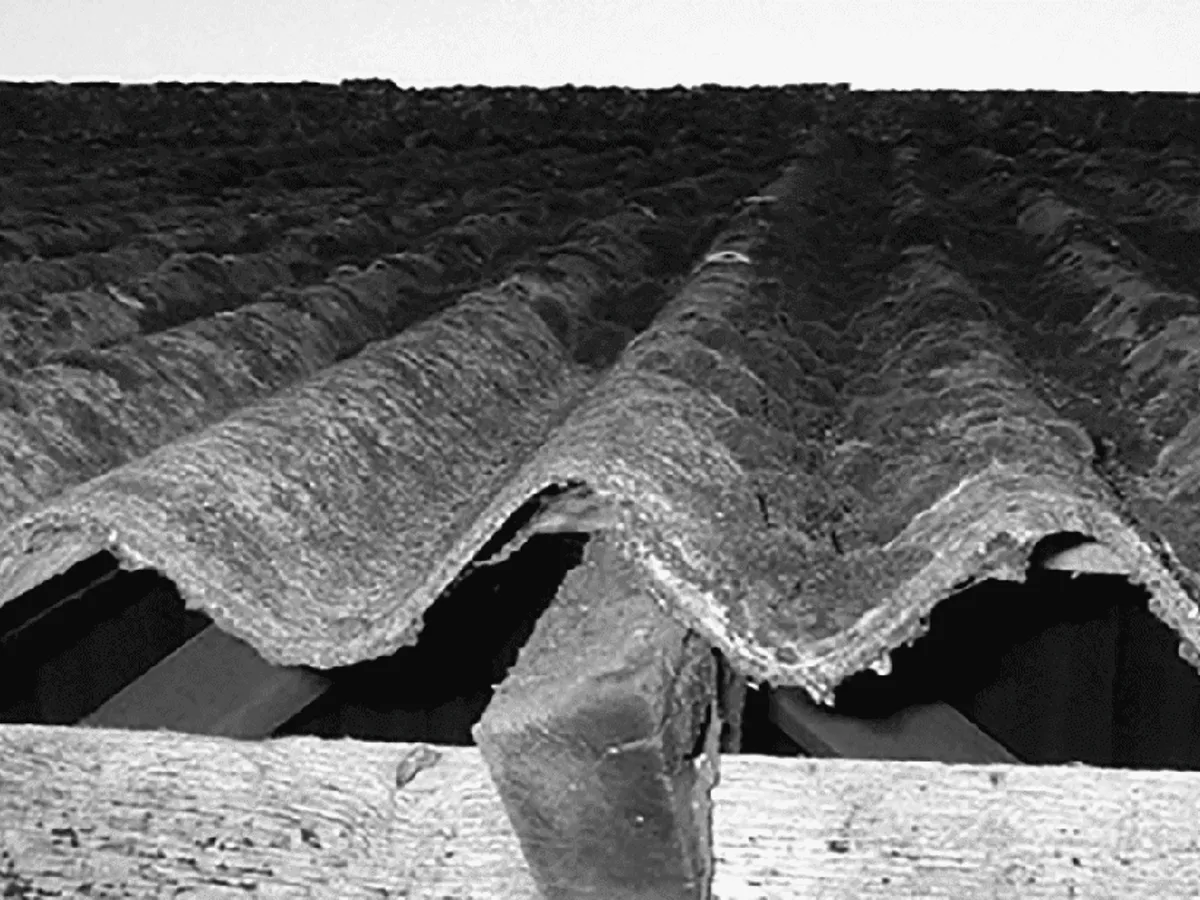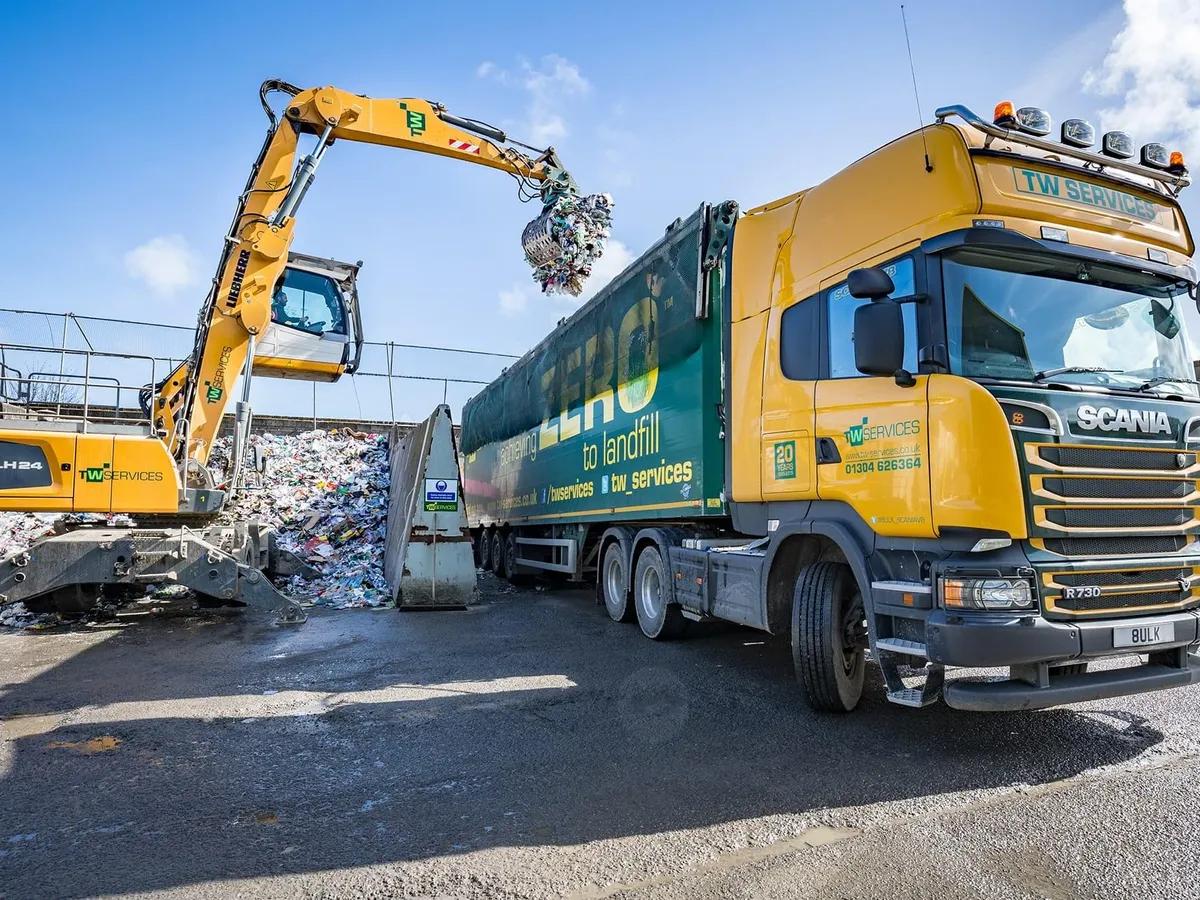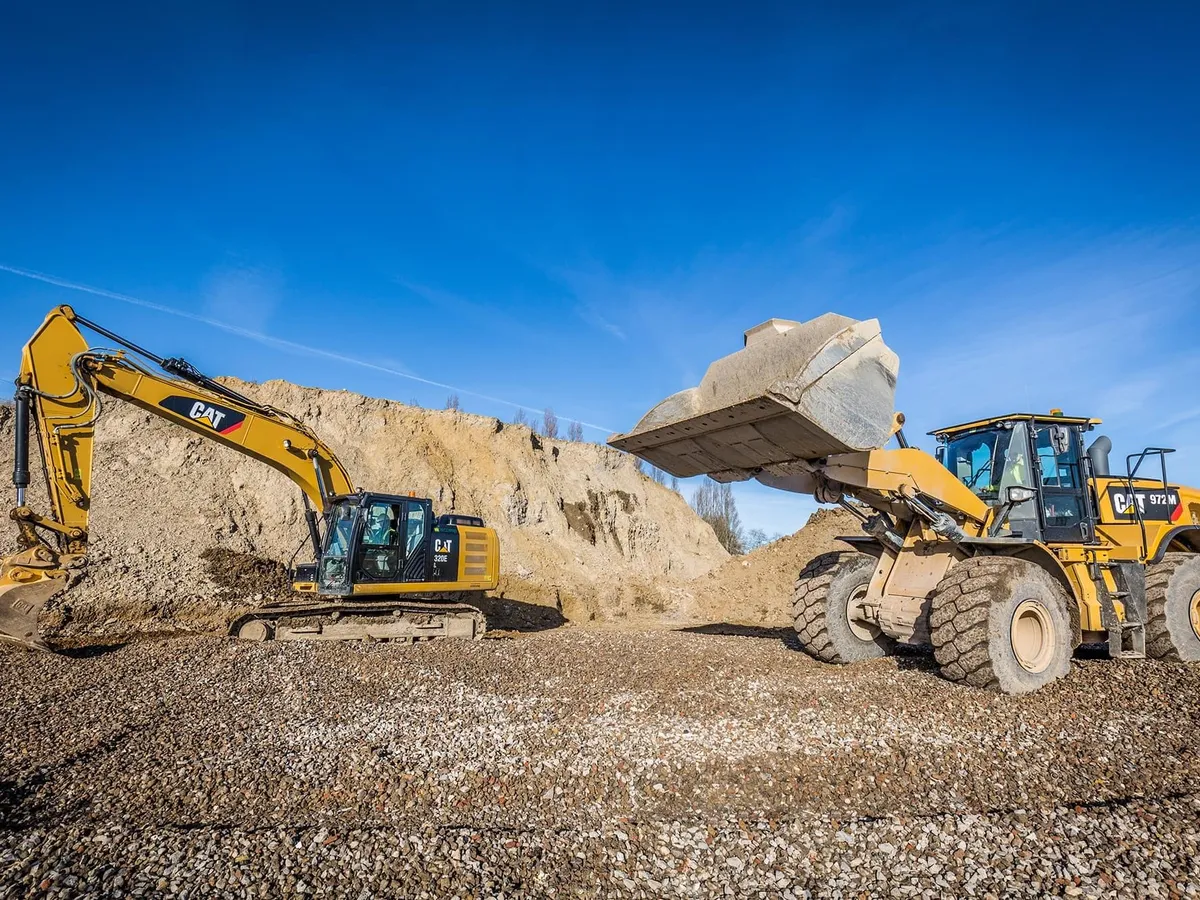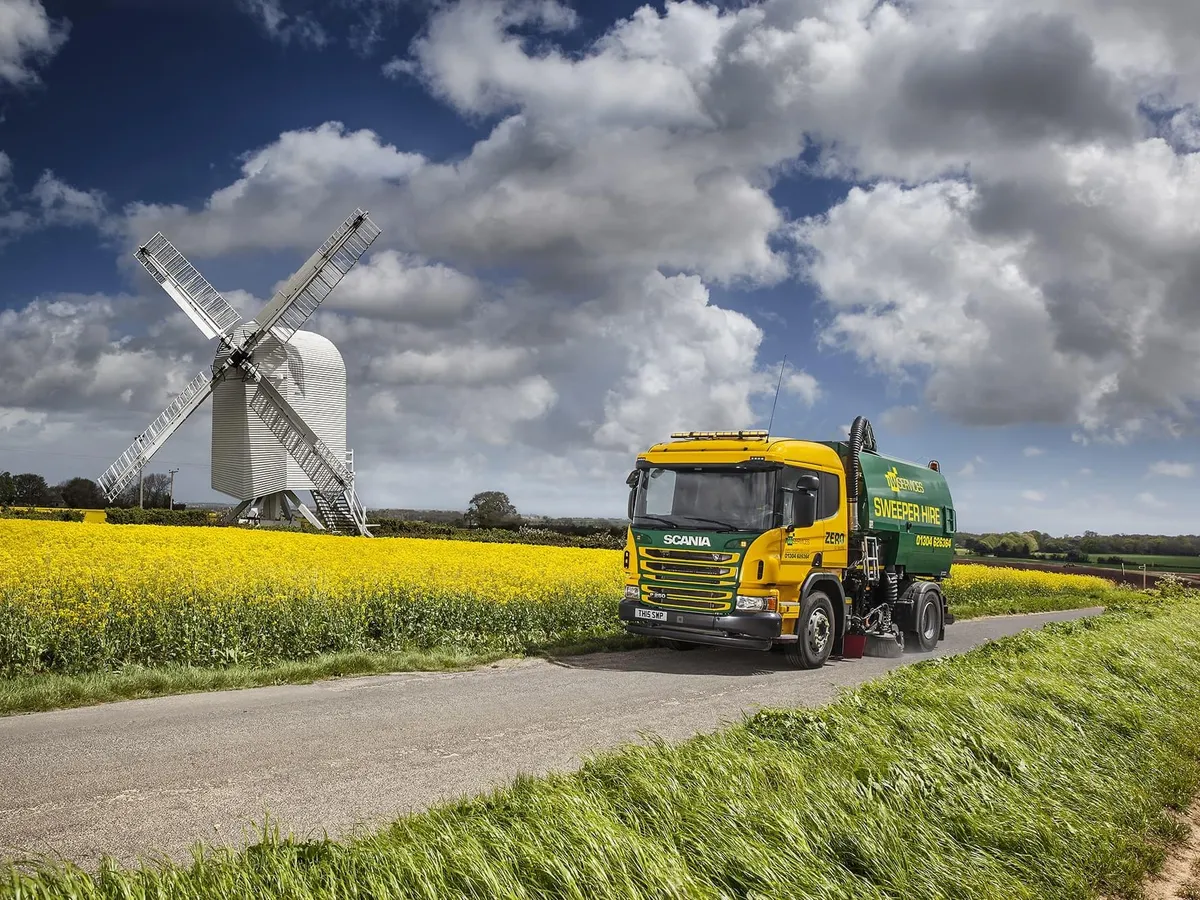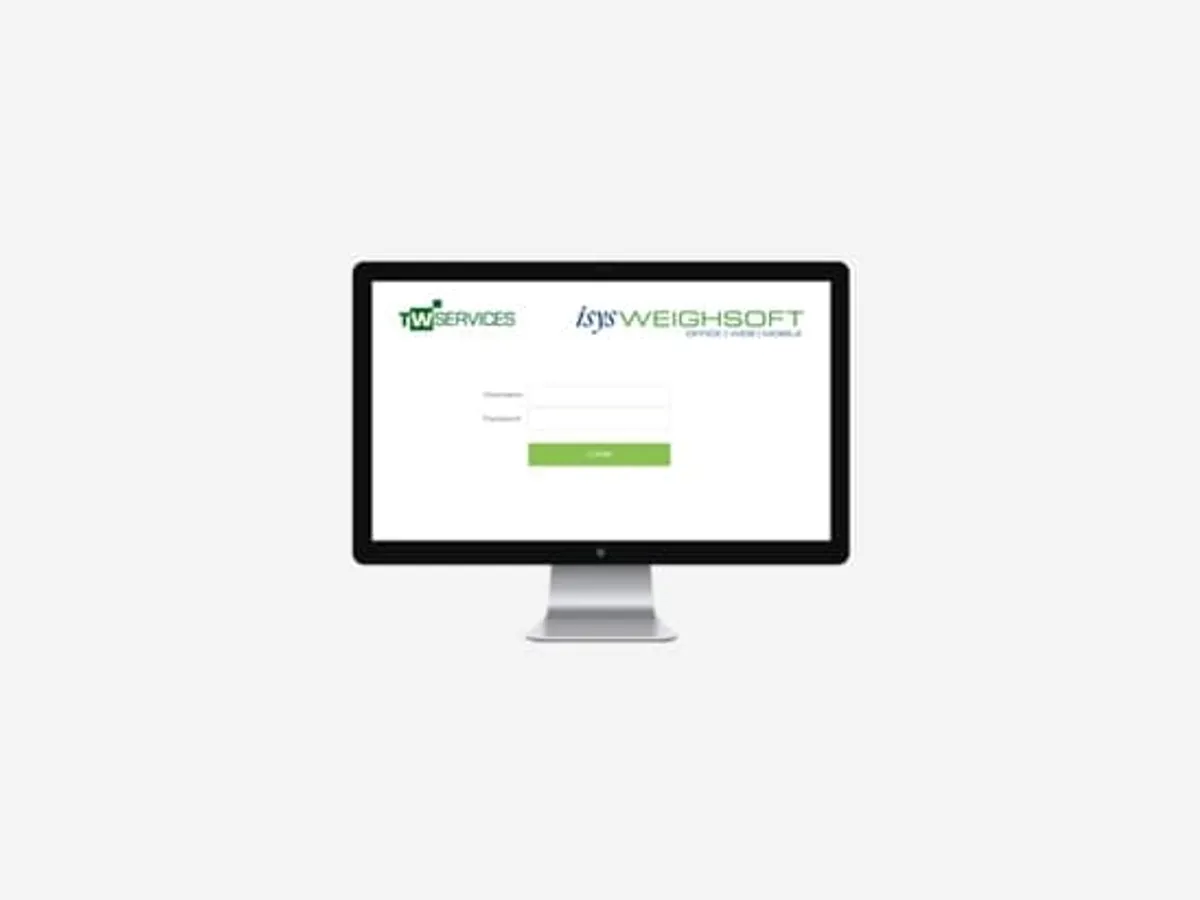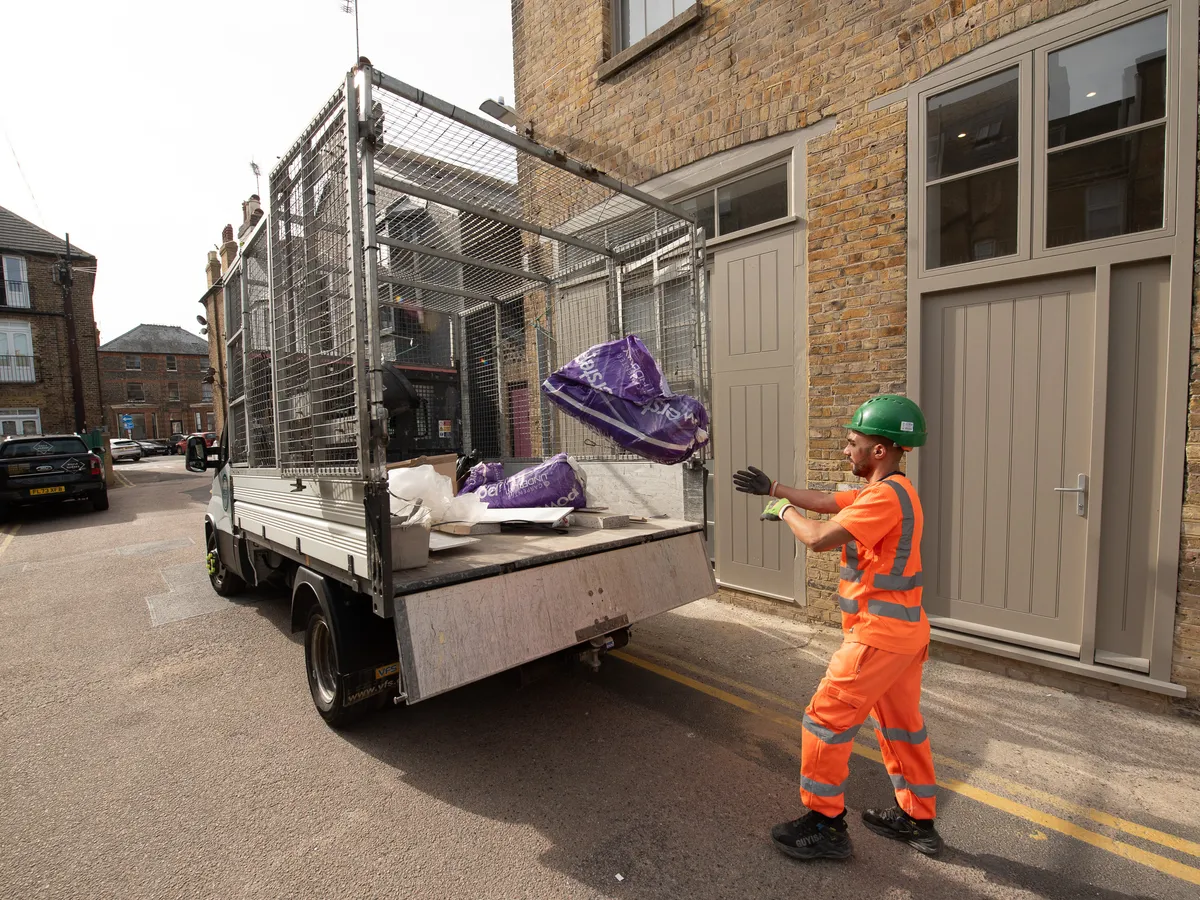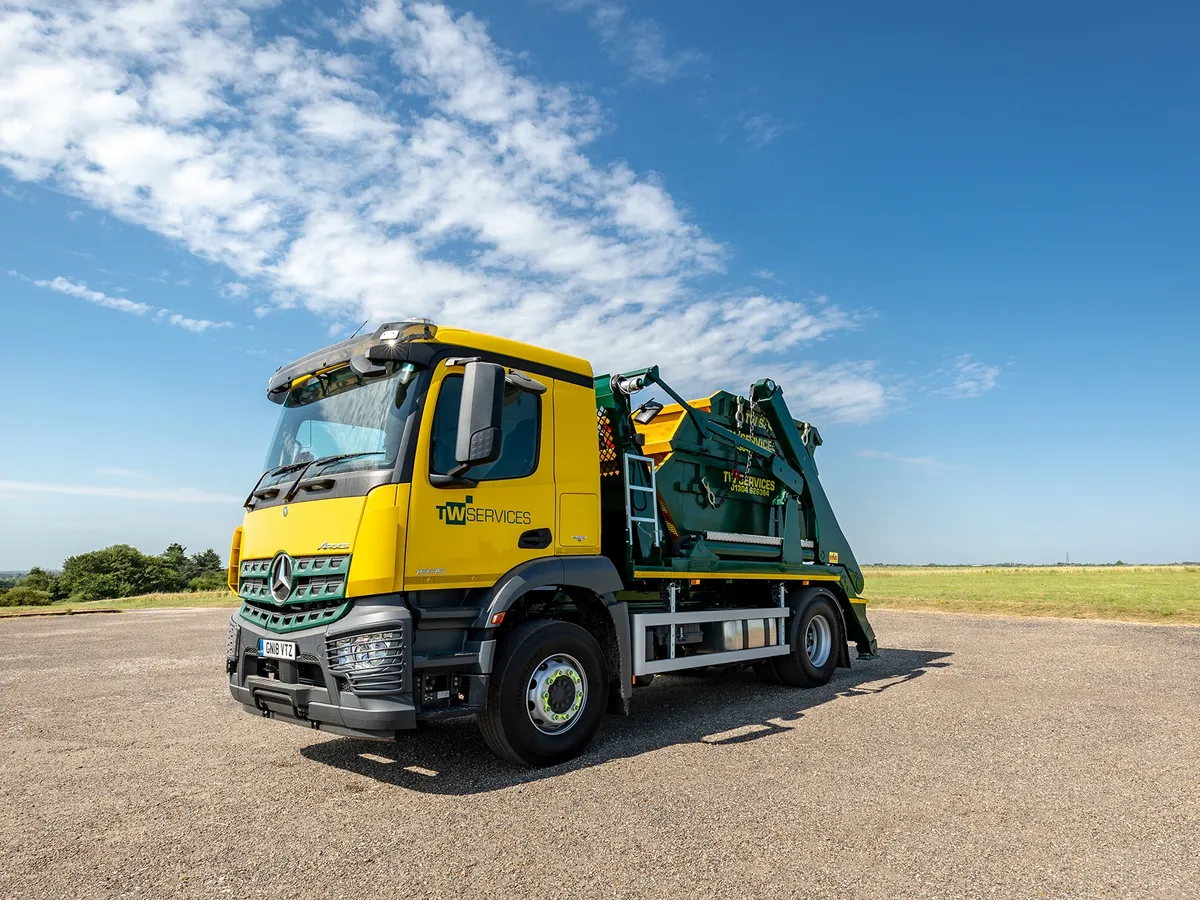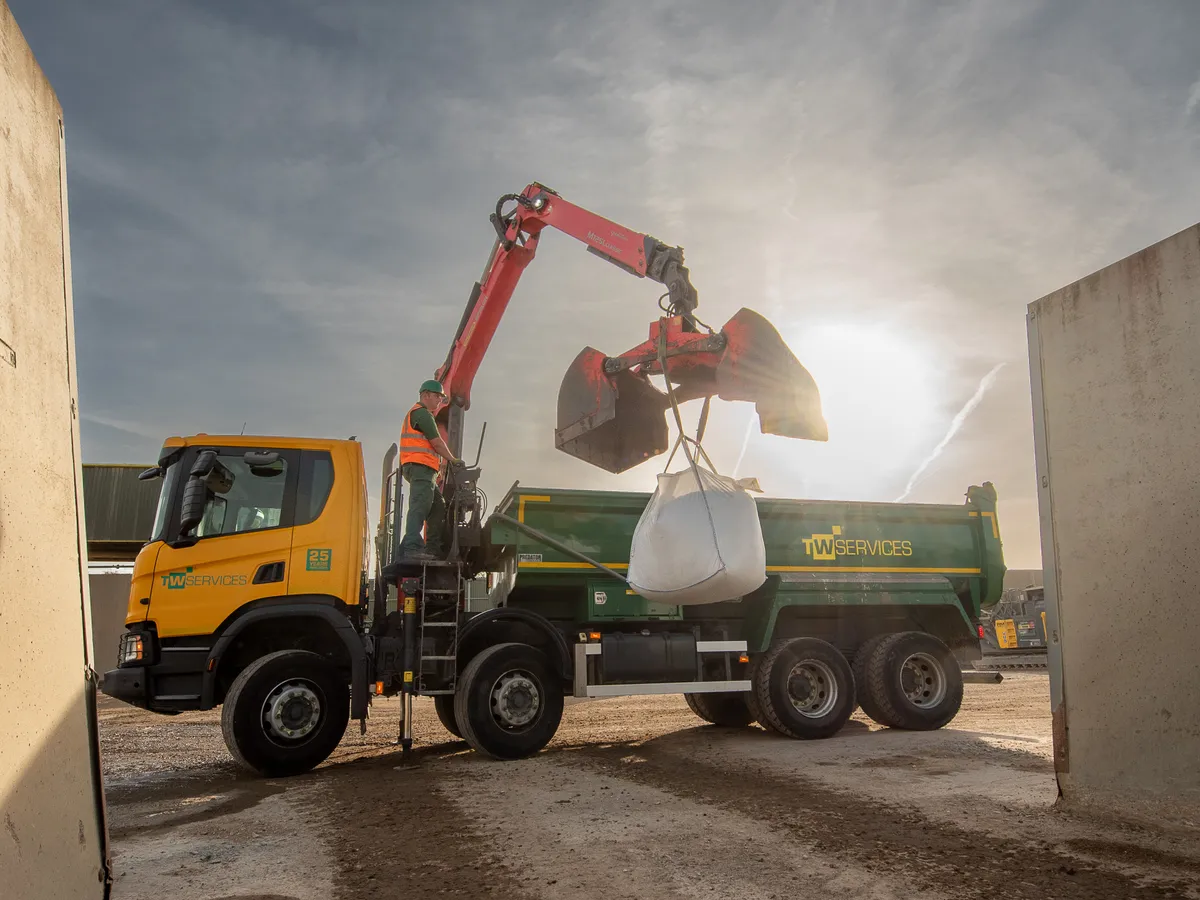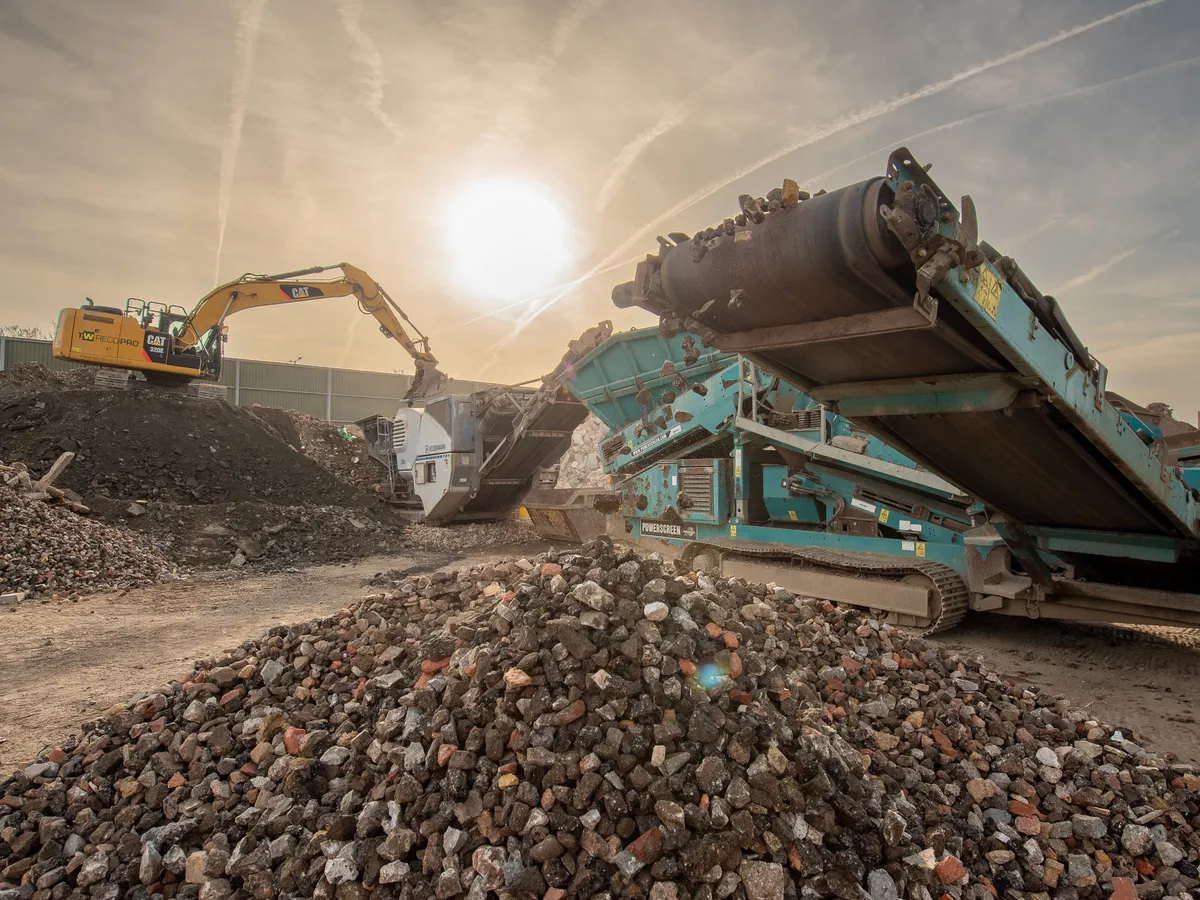Total waste management takes the stress and guesswork out of coordinating your businesses waste disposal operations. If you spend too much time worrying about the correct storage, transportation, and disposal of waste, this is the solution you need.
TW Services total waste management is an all-encompassing solution that covers every stream of outgoing waste from your business. By centralising your waste disposal with us you simplify your operations and save time, with all disposal queries through one easy line of contact.
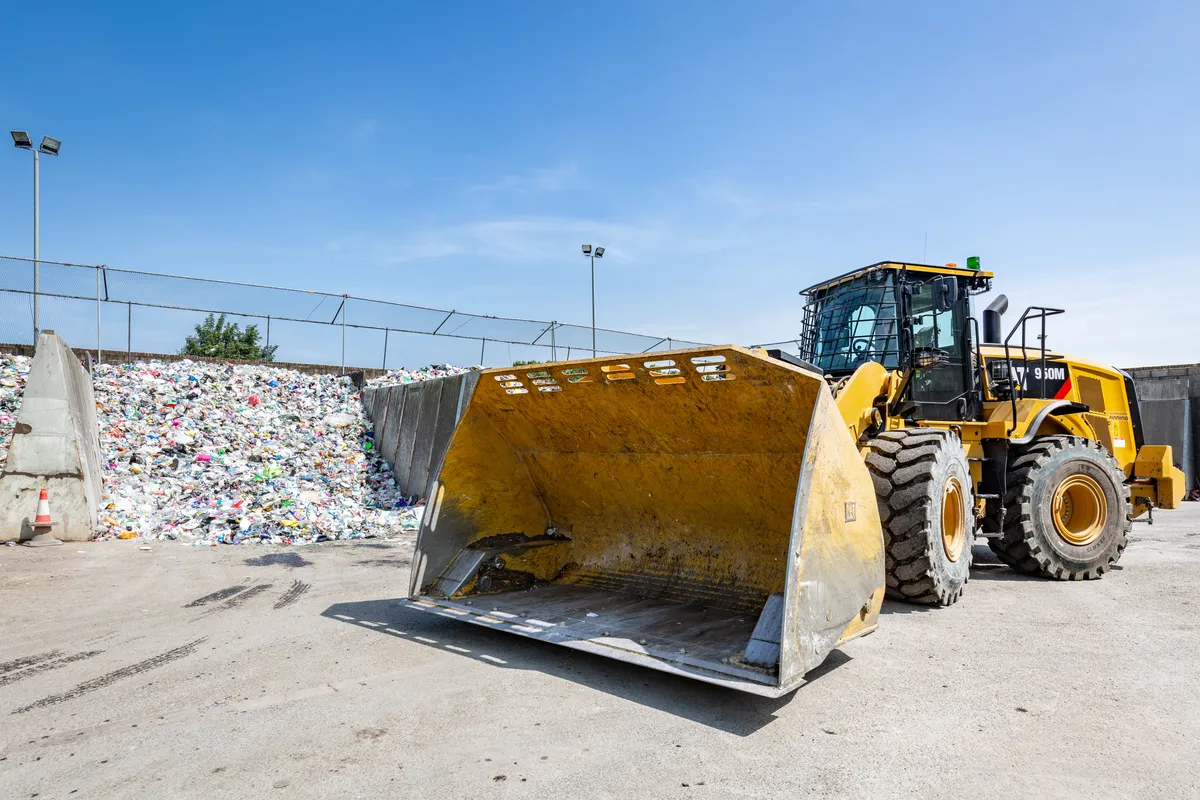
Total waste management isn’t only about easy disposal. Through our ‘Zero to Landfill’ policy, you can rest assured none of your waste ends up in a landfill and absolutely everything is handled responsibly. In doing so you’re avoiding a landfill tax bill and bolstering your businesses green credentials.
If this sounds like a service you need get in touch today or call us on 01304 626364 and we’ll start the process to help you.
Faversham Total Waste Management
Through a coordinated approach to waste management, we can support your business needs entirely. This means no more supervision of multiple waste disposal companies and keeping track of legal compliance when your waste is taken away. TW Services will deploy all waste collections based on an agreed-upon schedule. When you choose to work with us this is the process we follow:
- Initial assessment
- Provision of a waste management plan and protocols
- Regular, scheduled collection of waste
- Management and division of waste streams
- Sorting
- Recycling, recovering and reprocessing waste material
Our team comprises over two decades of experience in waste handling and so we’re well trained in collecting all types of waste, including green waste, food waste, mixed and unmixed recyclables, hazardous waste, WEEE, liquid waste, and more. There’s nothing we haven’t come across.
Waste Management Services in Faversham
We understand that each business and even each working day in a business is unique. Because of this, we know how important it is to adapt to our clients’ needs. When we take on a total waste management plan with a client, we’ll support them from day one with advice, recommendations, and hands-on waste collection and sorting. Here are some examples of businesses we work with:
- Local councils
- Construction sites
- Shopping centres
- Schools and universities
- Hospitals
- Restaurants
- Retail parks
- Hotels
- Airports
Now, more than ever, sustainability is a vital aspect of any waste management operation, but particularly commercially, where waste is produced at a much higher rate. Whatever business you run, you need to stay within the law when it comes to waste disposal and recycling and do your bit to protect the environment. Working with TW Services means none of your waste will ever end up in a landfill. We always recycle, reprocess, and recover energy or material from all waste we collect.
Total Waste Management Near Me
We are a Kent-based waste management company, regularly serving commercial and domestic clients in Faversham. Some of the areas we service are:
- Davington
- Oare
- Ospring
- Preston
- Brogdale
- Whitehill
- Luddenham Court
Call us now on 01304 626364 or fill in our contact form to find out more about total waste management and other services in Faversham like skip hire, rubbish clearance, grab lorry hire, and road sweepers.
Skip sizes guide
Our skip sizes range from four to 12 cubic yards which provide a very cost-effective way to dispose of bulky waste including furniture and garden waste. For a skip that will be placed on the road, there will be an extra charge of £50.00 (per week) added for a permit from the council. If a permit is required, it takes 3 days to obtain permission from the local authority so factor this in when you’re planning the hire of your skip.
To help you decide which size skip would be best for you, please refer to our waste skip sizes guide pages. We’ve included skip sizes in yards and skip capacity m3 to give you a good idea of what will fit in each skip.
Frequently Asked Questions
The waste hierarchy is a framework that prioritises waste management practices to minimise environmental impact and promote sustainability. It is often depicted as a pyramid, with the most preferred options at the top and the least preferred at the bottom. The hierarchy includes the following stages:
Prevention (Reduce): The most effective way to manage waste is to prevent its generation in the first place. This can be achieved by using fewer resources, designing products to last longer, and minimising packaging.
Reuse: Before discarding an item, consider whether it can be used again for the same or a different purpose. Reusing materials reduces the need for new products and conserves resources.
Recycle: Recycling involves collecting and processing materials to create new products. This conserves raw materials, saves energy, and reduces the amount of waste sent to landfills and incinerators.
Recovery: This stage includes recovering energy from waste through processes such as incineration with energy recovery or anaerobic digestion. While it doesn't reduce waste, it can convert waste into useful energy.
Disposal: The least preferred option is to dispose of waste in landfills or through incineration without energy recovery. This method is considered a last resort due to its negative environmental impact.
The waste hierarchy emphasises the importance of managing waste in the most sustainable way possible, encouraging practices that reduce the overall volume of waste and its environmental footprint.
To explore responsible waste management options, contact our team to discover how we can assist you.
Waste management can be a good investment both financially and ethically.
When you choose a reputable waste management company, they can help you ensure regulatory compliance and expert advice on enhancing waste reduction efforts.
Implementing straightforward measures such as source reduction, opting for recyclable alternatives, and advocating for paperless operations can notably reduce waste generation and related expenses.
By investing in waste management, you’ll achieve cost savings and make a meaningful contribution to the environment and society, enhancing your competitive edge in the market.
If you want to find out more information, get in touch with TW Services to speak with an advisor.
Disposing of hazardous waste requires hiring a licensed specialist who can manage the process correctly.
This involves classifying, collecting, transporting, and properly disposing of the waste. Many types of hazardous waste cannot be sent to landfills, and even storing them requires careful planning and monitoring.
At TW Services, we prioritise recycling whenever possible. Certain hazardous wastes can be recycled, including oil-based paints, batteries, butane tanks, and fluorescent light bulbs.
We make every effort to ensure these materials are handled sustainably.
